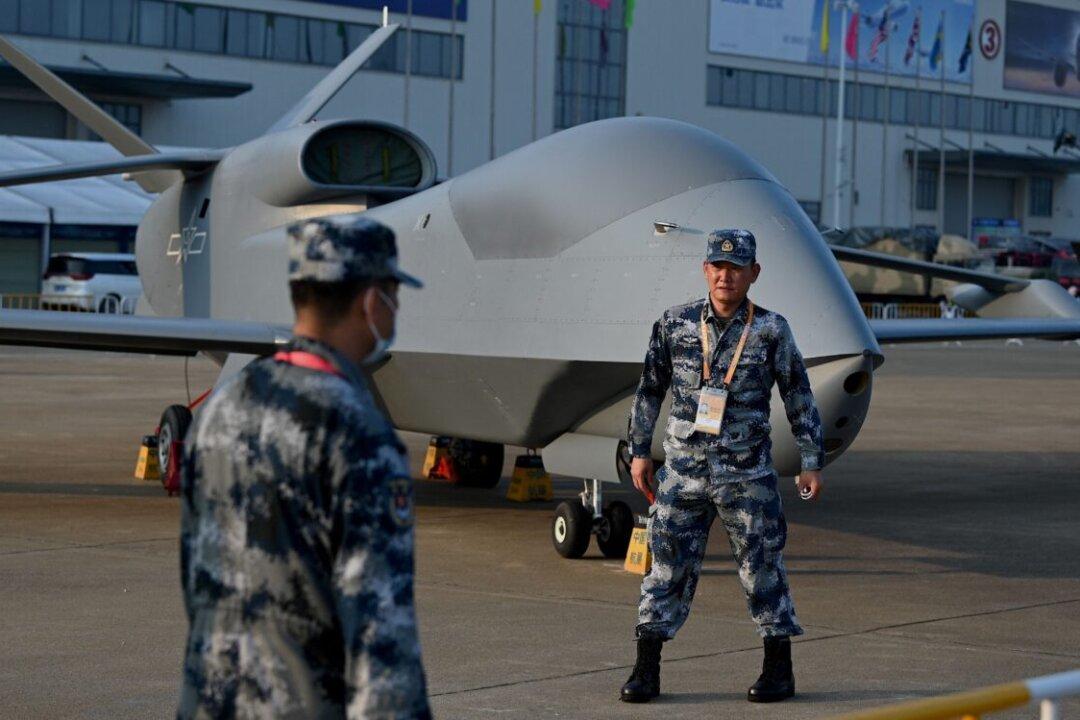At its 2023 “Two Sessions” political meeting on March 5, China’s Communist Party announced that this year’s military budget will be 1,553.7 billion yuan ($225 billion)—an annual increase of 7.2 percent and the regime’s second-highest spend in the last five years.
China is seeking to consolidate its position as an Asian superpower, and to use its military expansion to drive other nations in the region away from the United States, according to John Sitilides, geopolitical strategist at Trilogy Advisors.





